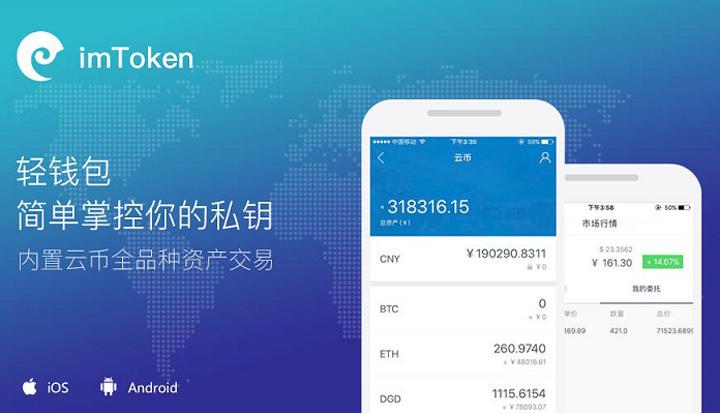In the realm of cryptocurrency, Bitcoin reigns supreme as the pioneering digital asset that has taken the world by storm. With its soaring popularity and increasing adoption, the need for secure storage solutions for Bitcoin has become paramount. Enter Bitcoin imtoken钱包, the digital vaults that enable users to store, manage, and transact with their precious BTC holdings. These wallets come in various forms, each offering a unique blend of security, accessibility, and convenience.
Types of Bitcoin Wallets There are two main categories of Bitcoin wallets: hot wallets and cold wallets. Hot wallets are connected to the internet and are suitable for everyday transactions. They come in the form of mobile apps, web wallets, and desktop software. Mobile wallets like Coinbase and Electrum offer convenience, allowing users to access their Bitcoins on the go. Web wallets, such as Blockchain.info, offer accessibility through any web browser. Desktop wallets, like Exodus and Bitcoin Core, provide control and security through local software installations.
On the other hand, cold wallets are offline storage solutions, making them less susceptible to hacking attempts. Hardware wallets, such as Ledger Nano S and Trezor, are physical devices that store your Bitcoins offline and require physical access to make transactions. Paper wallets are another type of cold storage, consisting of a physical document with your Bitcoin address and private key printed on it, which can be stored in a safe place.
Security is Paramount When it comes to Bitcoin wallets, security is paramount. The cryptocurrency market has seen its fair share of hacks and thefts, highlighting the importance of safeguarding your digital assets. Cold wallets, especially hardware wallets and paper wallets, are considered the most secure options due to their offline nature. They are immune to online attacks and malware that often target hot wallets.


